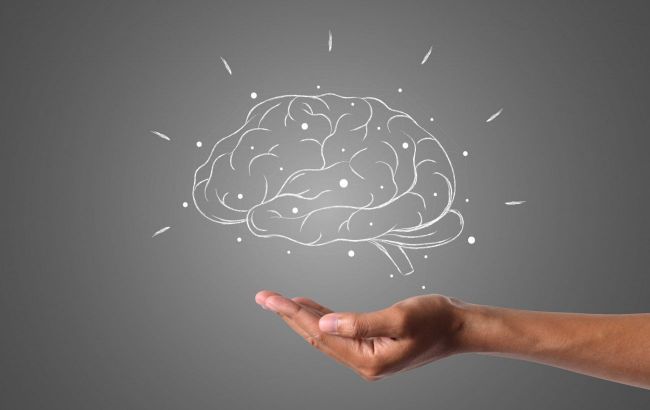Human brain creates three copies of memories for every event, study says
 The human brain creates three different copies of memories of each event (photo: freepik.com)
The human brain creates three different copies of memories of each event (photo: freepik.com)
The human brain is something that attracts scientists from all over the world to study. There are many secrets hidden in it, and researchers are trying to find each of them. A recent study published in Science has shown that the human brain can create three copies of memories of each event.
A University of Basel study, aimed to determine how the brain works and how it stores and changes memories, found that one memory is encoded in at least three parallel copies in the hippocampus. This allows the brain to store, modify, and delete copies over time.
The scientists found that the memory formation center in the brain contains at least three groups of neurons, each of which creates and stores memories in different ways.
Each new memory is encoded in the brain at least three times in different copies in these groups of neurons. Each of these groups arises at a different stage of embryonic development.
The first group of neurons is called early-born neurons. These neurons create a copy of the memory that is initially too weak for the brain to access, but over time it becomes stronger.
Late-born neurons create reliable copies of memories that disappear over time. These memories may become inaccessible to the brain.
There is also a golden mean - mid-borb neurons - that create stable copies of memories that are not easily forgotten or difficult to access after they are created.
Memories encoded in late-born neurons tend to be more plastic and are more likely to change over time. Recalling something right after it happened activates the memory in the late-born neurons and integrates the new information into the original memory.
Conversely, remembering the same event over a long period of time activates the first neurons without changing the memory in any way.
How dynamically memories are stored in the brain is proof of the brain's plasticity, which underlies its vast memory, says study author Vilde Kveim.

